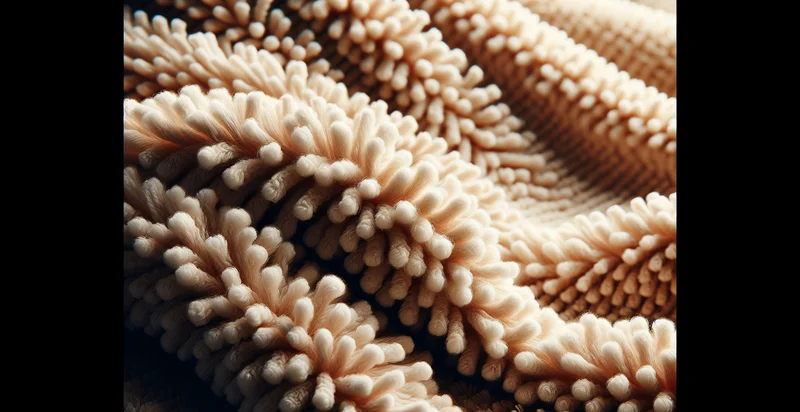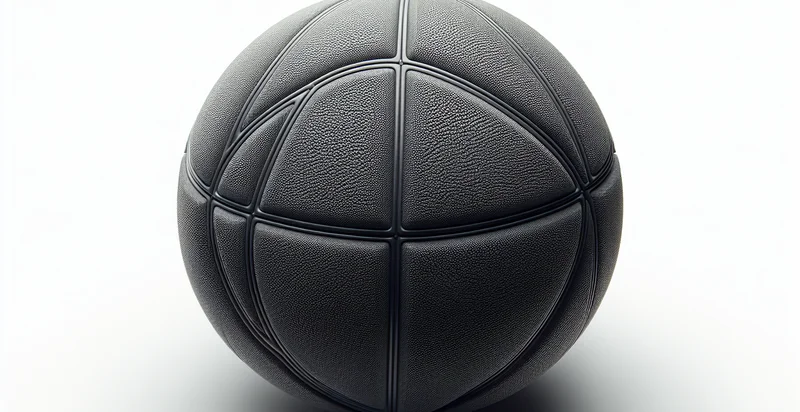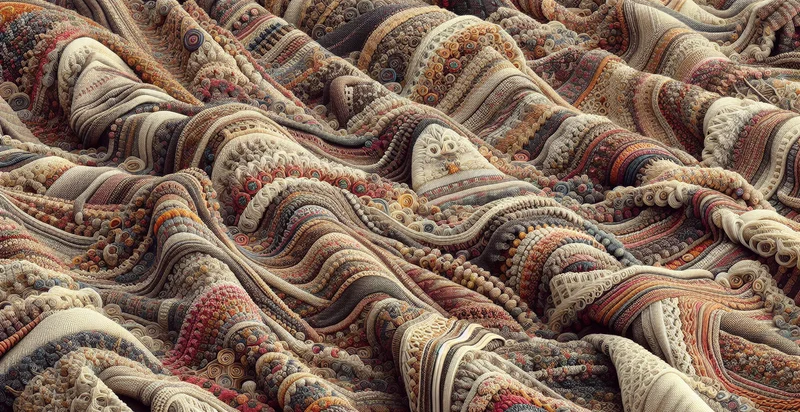Identify what material a towel is made from
using AI
Below is a free classifier to identify what material a towel is made from. Just upload your image, and our AI will predict what material a towel is made from - in just seconds.

Contact us for API access
Or, use Nyckel to build highly-accurate custom classifiers in just minutes. No PhD required.
Get started
import nyckel
credentials = nyckel.Credentials("YOUR_CLIENT_ID", "YOUR_CLIENT_SECRET")
nyckel.invoke("what-material-a-towel-is-made-from", "your_image_url", credentials)
fetch('https://www.nyckel.com/v1/functions/what-material-a-towel-is-made-from/invoke', {
method: 'POST',
headers: {
'Authorization': 'Bearer ' + 'YOUR_BEARER_TOKEN',
'Content-Type': 'application/json',
},
body: JSON.stringify(
{"data": "your_image_url"}
)
})
.then(response => response.json())
.then(data => console.log(data));
curl -X POST \
-H "Content-Type: application/json" \
-H "Authorization: Bearer YOUR_BEARER_TOKEN" \
-d '{"data": "your_image_url"}' \
https://www.nyckel.com/v1/functions/what-material-a-towel-is-made-from/invoke
How this classifier works
To start, upload your image. Our AI tool will then predict what material a towel is made from.
This pretrained image model uses a Nyckel-created dataset and has 17 labels, including Rayon, Acrylic, Bamboo, Cotton, Hemp, Linen, Microfiber, Modal, Nylon and Organically Grown Cotton.
We'll also show a confidence score (the higher the number, the more confident the AI model is around what material a towel is made from).
Whether you're just curious or building what material a towel is made from detection into your application, we hope our classifier proves helpful.
Related Classifiers
Need to identify what material a towel is made from at scale?
Get API or Zapier access to this classifier for free. It's perfect for:
- Material Quality Assessment: This use case involves determining the material composition of towels in a manufacturing setting. By identifying the fabric, quality control teams can ensure that only suitable materials are used in production, leading to improved product durability and customer satisfaction.
- E-commerce Product Verification: E-commerce platforms can use this function to verify the material description of towels listed by sellers. By automatically classifying the material, platforms can reduce false advertising and ensure that customers receive products that match their descriptions.
- Consumer Education: Retailers can employ this identifier to create educational tools that inform consumers about the different materials used in towels. By providing insights into the properties and benefits of various materials, consumers can make more informed purchasing decisions.
- Environmental Impact Assessment: Companies focused on sustainability can utilize this function to analyze the materials of towels and assess their environmental impact. By identifying materials, businesses can promote eco-friendly options and make more sustainable sourcing choices.
- Personalization of Marketing Strategies: Businesses can use this function to tailor marketing messages based on the identified materials of their towel products. For instance, if a towel is made of organic cotton, marketing efforts can emphasize sustainability, appealing to environmentally-conscious consumers.
- Inventory Management Optimization: This function can assist retailers in optimizing their inventory by classifying towels based on materials. Understanding material distributions can aid in stock management and help retailers align their offerings with consumer preferences.
- Product Development Insights: Manufacturers can leverage the material identification feature to gain insights into market trends and consumer preferences regarding towel materials. This data can inform future product development initiatives, leading to innovative designs that resonate with target audiences.


